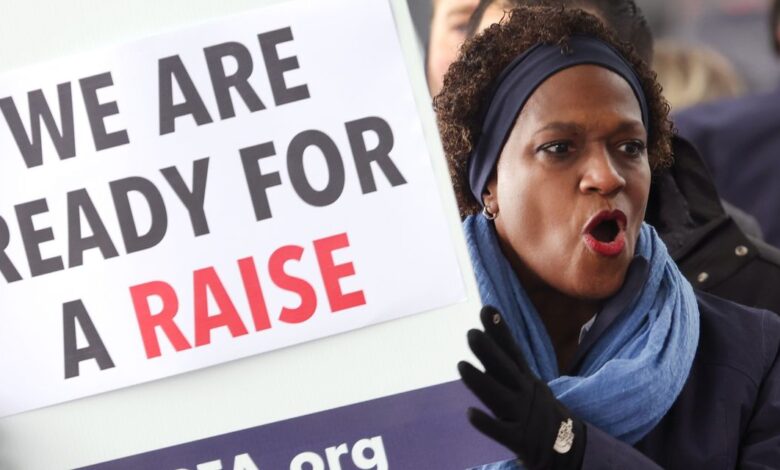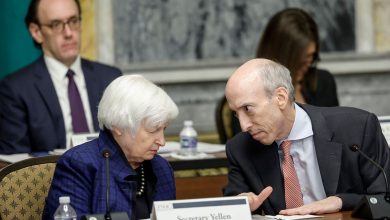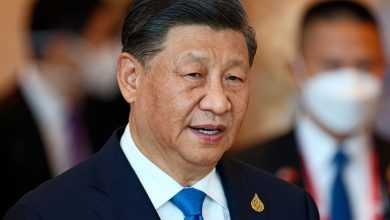Workers love big raises. The Fed, not so much. Why pay has a big role in inflation fight.

[ad_1]
The fate of the economy in 2023 — and whether the U.S. sinks into recession — could depend on an obscure report on worker pay that only comes out four times a year.
It’s called the employment cost index, and the next one is due Tuesday, just a day before the Federal Reserve is widely expected to raise U.S. interest rates again. The central bank pays very close attention to the ECI.
By contrast, the ECI report until very recently got little attention from Wall Street
DJIA,
investors, not to mention the broader public.
It’s no wonder. Employee wages and benefits rose very slowly, about 2% to 3% a year, in the decade before the pandemic. They had very little affect on low U.S. inflation.
Now, it’s a very different story.
Employee compensation surged after the pandemic due to a major shortage of labor that gave rank-and-file workers more leverage over bosses for the first time in decades. Tens of millions of people quit one job for another and ended up getting paid more.
Rising inflation itself also gave workers strong incentive to ask for higher wages. After all, their pay increases were not keeping up with inflation.
The results were no surprise. The increase in pay and benefits jumped to a 5.7% annual pace in mid-2022 to mark the fastest advance since 1984 — the last time the U.S. experienced a similar bout of high inflation.
The rapid pace of pay hikes appears to be beginning to wane. Employee compensation slowed to 5.4% annual clip last fall and it could slip to as low as 5% in the final quarter of 2022.
But that’s not good enough.
“That is still too high for the Fed’s comfort and would support the Fed’s hawkish message for holding rates at a higher level for longer,” said Sam Bullard, senior economist at Wells Fargo.
Central bank officials know the initial surge in inflation in 2021 was not the fault of working earning more money. The roots of inflation involved major disruptions in global supplies of goods, excess government spending and ultra-low interest rates.
Too much money was chasing too few goods — the classic definition of inflation.
So why is the Fed so worried about rising wages?
If pay keeps rising 5% a year, senior Fed officials believe, it will be impossible to get inflation back to pre-pandemic levels and prevent severe damage to the economy in the long run.
Inflation was still running at a 6.5% clip at the end of 2022, based on the consumer price index. While it’s off a 40-year peak of 9.1% last summer, it’s still more than triple the Fed’s 2% inflation target. Prices rose less than 2% a year in the decade before the pandemic.
Fed Chairman Jerome Powell has repeatedly said rising wages for workers are good, but only so long as they don’t rise consistently faster than inflation or productivity growth. If that were the case, it could spell trouble.
To get wage growth to slow, the Fed is raising U.S. interest rates. Higher borrowing costs tame inflation by reducing consumer spending and business investment.
Just look at the housing market as an example. Sales and construction of new homes have slumped after mortgage rates more than tripled to as high as 7% from as little as 2.5% before the Fed started raising rates.
A slower economy, in turn, raises unemployment and, the Fed hopes, could ease the acute labor shortage that is putting upward pressure on wages and benefits.
The only way the Fed will know if it’s succeeding is if job openings decline, hiring slows, the jobless rate rises and labor costs as measured by the ECI taper off. And quickly.
Otherwise, the Fed could keep U.S. interest rates high for a while — and raise the risk of a recession.
[ad_2]
Source link



